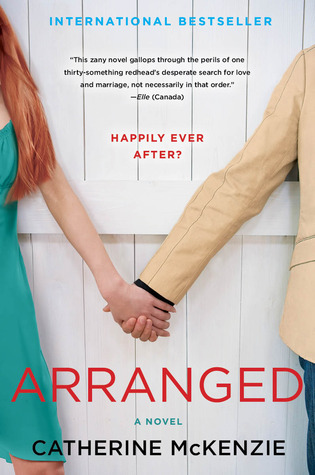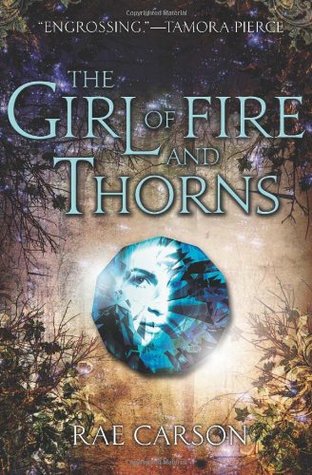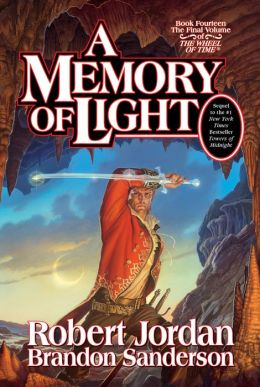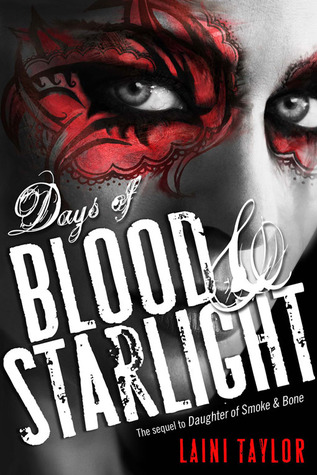 I can't remember how long it's been since I put The Lies of Locke Lamora, by Scott Lynch on my Kindle...but it's been a while. My good friend Heather suggested I read it, but somehow it kept getting pushed to the back of my to-read list. But it popped back up on my radar when Hubby listened to the audio several weeks back and really enjoyed it (and the sequels).
I can't remember how long it's been since I put The Lies of Locke Lamora, by Scott Lynch on my Kindle...but it's been a while. My good friend Heather suggested I read it, but somehow it kept getting pushed to the back of my to-read list. But it popped back up on my radar when Hubby listened to the audio several weeks back and really enjoyed it (and the sequels). The Lies of Locke Lamora is a deceptively layered book, and highly enjoyable. The author sets you down in the middle of a unique world, and immediately introduces you to thieves and con artists operating in an often brutal, gritty, blood-thirsty place, an island nation that has some pretty chilling pasttimes (the Roman Colloseum has nothing on the Revels of Camorra). I'll admit, it took me a while to get into the story and develop a picture of the place, but there was a spark to the story that kept me going. Then all of a sudden everything locked into place, and I found myself fully invested the characters and their story. The author employs a style of storytelling that has the not-quite-straightforward flavor of oral storytelling -- which I almost always enjoy. He starts out in the past, jumps to the present, then intersperses the present with more glimpses of the past.
But, at the end of the day, you come for the story and the setting and stay for the Gentleman Bastards. They are witty and cocky and vulgar and a big pack of liars....but they are a family. The characterization of the Gentlemen and of their untraditional family is one of the richest things about the book in my opinion.
The book is sly and witty and has the feel of a good caper, but this is definitely not a "feel good" story. It's messy and bloody and gets pretty grim at the end. Brace yourself. But it's also rich and layered and worth your time. Bottom line: if you want some immersive fantasy and don't mind some grittiness with your wit -- check it out.









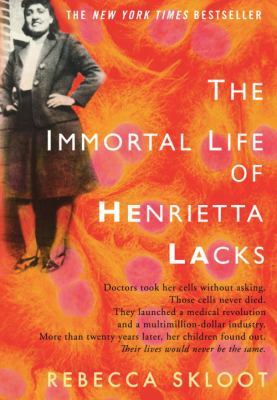
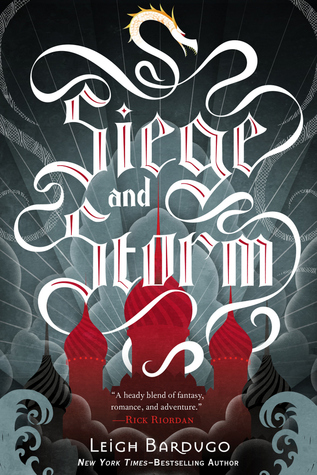

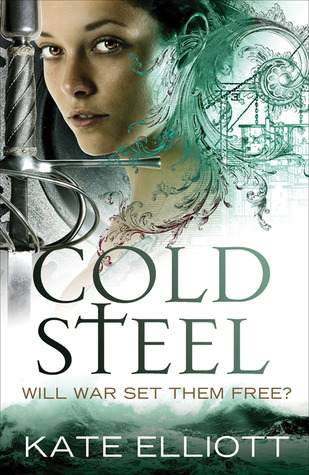

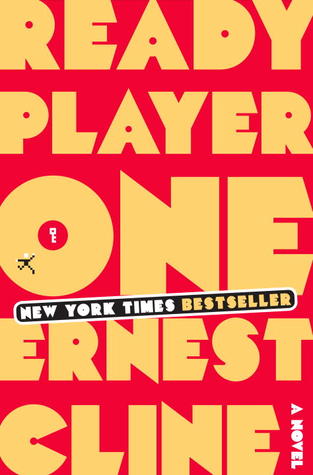
 Oh, Melina Marchetta....I've said it before and I'll just keep saying it again -- this woman knows how to write words that go straight to your heart. Her stories resonate with such emotional depth and heart and hope and I LOVE THEM. So, Quintana of Charyn is third book in the Chronicles of Lumatere. I may give away some slight spoilers as I talk about Quintana, so if you haven't read the first two books -- be warned (and go read the books!). There is a long going on in this book: Isaboe and Finnikin are waiting to hear what happened to their would-be assassin, Froi, while continuing to re-establish their kingdom. Gargaran and Arjuro and a bunch of other Charyns are trying to salvage their kingdom's soul and future and prevent war. Quintana is her crazy self, now on the run, in hiding and trying to protect herself and her "little king." Froi is recovering from being shot by eight arrows (Froi, you are such a bad-ass), and desperate to find Quintana. Lucian is still figuring out what it means to be the leader of the Monts, grieving the wife he didn't realize he loved. And there's still a bunch of hated Charyn refugees down in Lucian's valley, desperate and lost. And the spirits of the dead cry and ache for the living to do the things that will bring them rest and resolution.
Oh, Melina Marchetta....I've said it before and I'll just keep saying it again -- this woman knows how to write words that go straight to your heart. Her stories resonate with such emotional depth and heart and hope and I LOVE THEM. So, Quintana of Charyn is third book in the Chronicles of Lumatere. I may give away some slight spoilers as I talk about Quintana, so if you haven't read the first two books -- be warned (and go read the books!). There is a long going on in this book: Isaboe and Finnikin are waiting to hear what happened to their would-be assassin, Froi, while continuing to re-establish their kingdom. Gargaran and Arjuro and a bunch of other Charyns are trying to salvage their kingdom's soul and future and prevent war. Quintana is her crazy self, now on the run, in hiding and trying to protect herself and her "little king." Froi is recovering from being shot by eight arrows (Froi, you are such a bad-ass), and desperate to find Quintana. Lucian is still figuring out what it means to be the leader of the Monts, grieving the wife he didn't realize he loved. And there's still a bunch of hated Charyn refugees down in Lucian's valley, desperate and lost. And the spirits of the dead cry and ache for the living to do the things that will bring them rest and resolution.
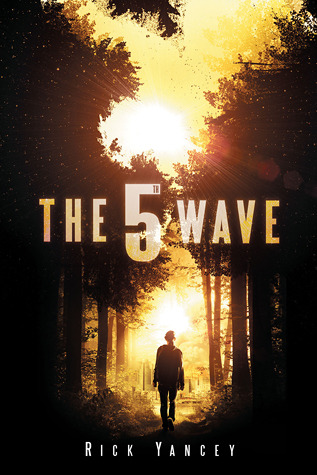
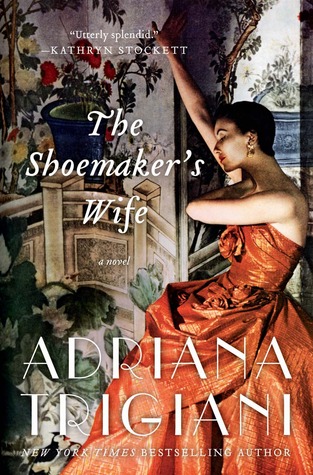

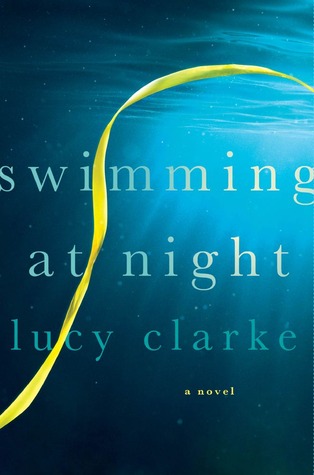

 Sixteen Brides, by Stephanie Grace Whitson is a pleasant post-Civil War story about sixteen women -- mostly widows, with one divorcee -- who sign on with a company promising to help them secure land grants in the Nebraskan territories. When they find out that their guide to the territories is really trying to sell them off as brides, several of the women band together in the tiny town of Plum Grove, Nebraska to hold on to their original dream -- freedom, independence, and land of their own. Adventure, discovery, and romance ensue. I have a soft spot in my heart for Western romances -- I think it's the Missouri girl in me -- and I enjoyed meeting the residents of and newcomers to Plum Grove. I was inspired by their adventuresome spirit, by the way they fought against society's expectaions, and by the way they determined to make a life for themselves. My only complaint is that I wish Whitson had turned this into two or three books. I wanted more! The book focuses on five of the "sixteen brides," and I think the ladies got a little short-changed. There wasn't room for the kind of development the stories needed, and you ended up with a lot more "tell" than "show."
Sixteen Brides, by Stephanie Grace Whitson is a pleasant post-Civil War story about sixteen women -- mostly widows, with one divorcee -- who sign on with a company promising to help them secure land grants in the Nebraskan territories. When they find out that their guide to the territories is really trying to sell them off as brides, several of the women band together in the tiny town of Plum Grove, Nebraska to hold on to their original dream -- freedom, independence, and land of their own. Adventure, discovery, and romance ensue. I have a soft spot in my heart for Western romances -- I think it's the Missouri girl in me -- and I enjoyed meeting the residents of and newcomers to Plum Grove. I was inspired by their adventuresome spirit, by the way they fought against society's expectaions, and by the way they determined to make a life for themselves. My only complaint is that I wish Whitson had turned this into two or three books. I wanted more! The book focuses on five of the "sixteen brides," and I think the ladies got a little short-changed. There wasn't room for the kind of development the stories needed, and you ended up with a lot more "tell" than "show."

